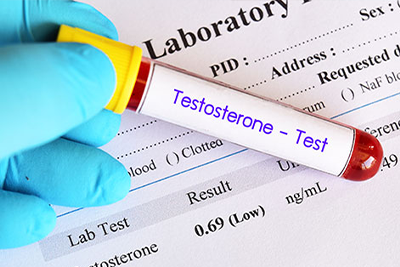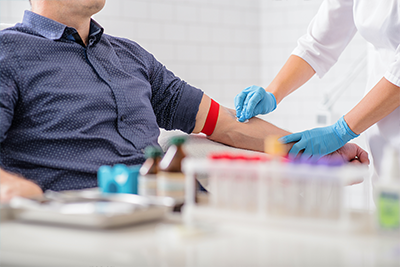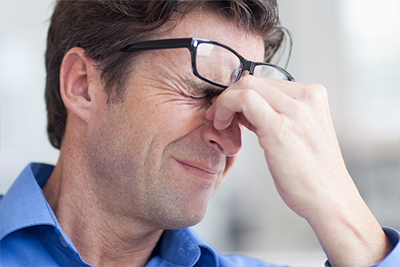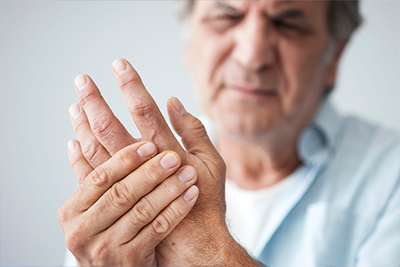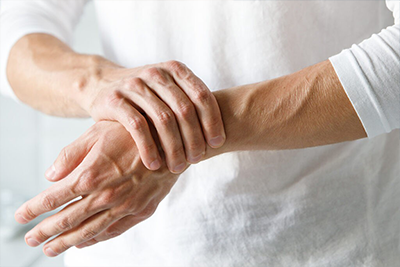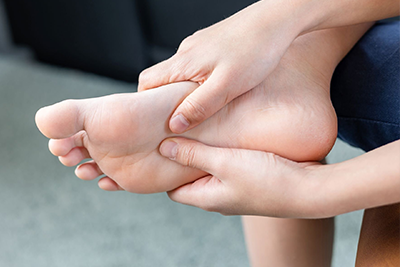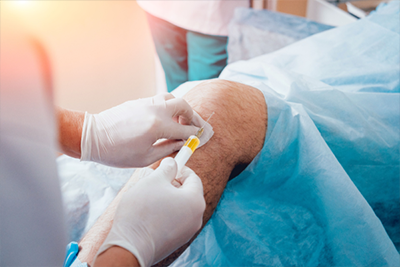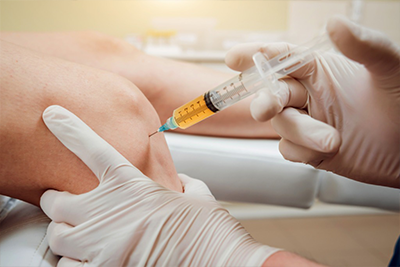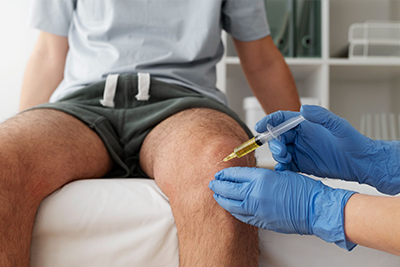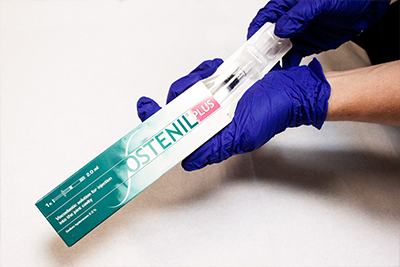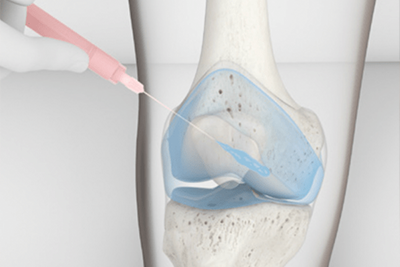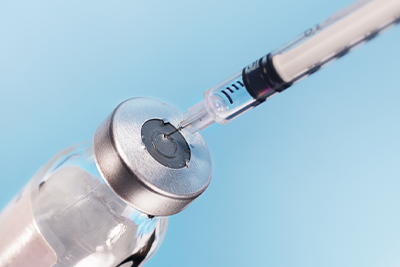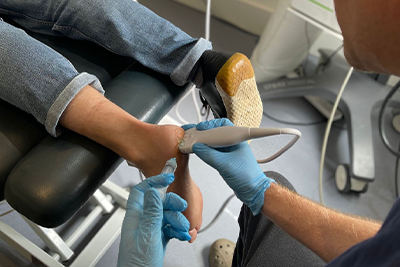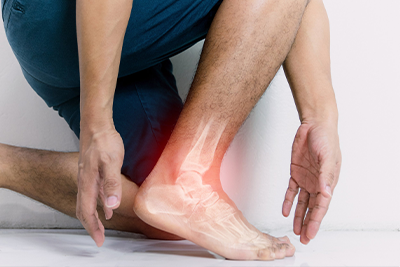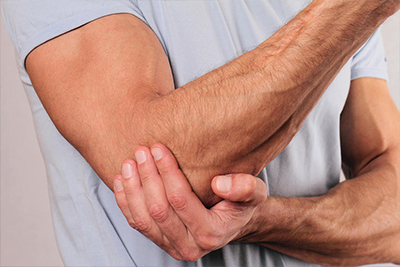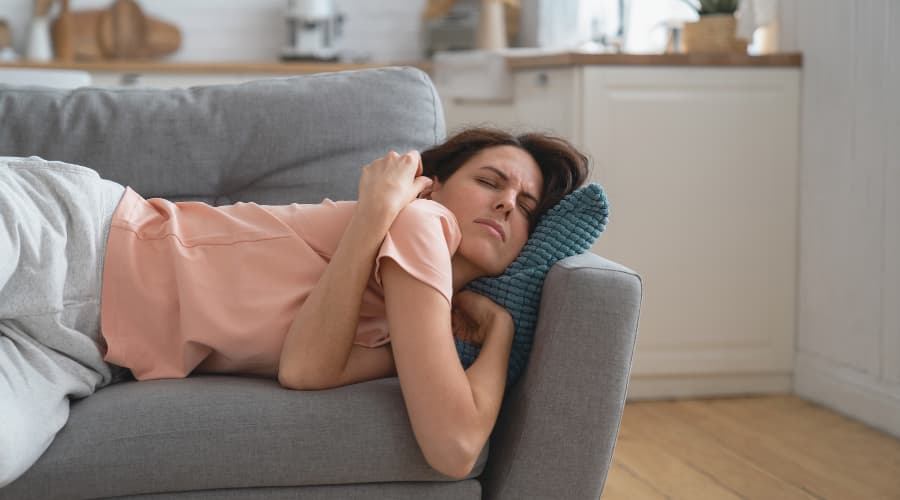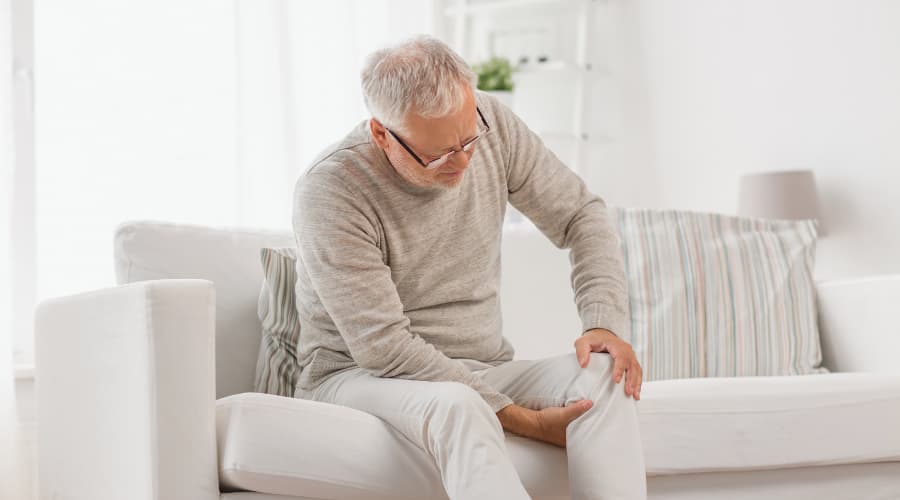We all know sleep is essential, but what many men don’t realise is just how directly it affects testosterone and overall hormonal balance. If you’ve been feeling drained, demotivated, or not quite yourself, poor sleep may be affecting your testosterone levels.
At Vale Health Clinic, we work with men who seek to enhance their energy, focus, strength, and mood—whether through lifestyle modifications or testosterone replacement therapy (TRT). One of the first lifestyle factors we examine is sleep, as it’s one of the most potent natural drivers of hormonal health.
The Relationship Between Sleep and Testosterone
Testosterone is primarily produced during deep sleep, particularly in the early stages of non-rapid eye movement (non-REM) sleep. During this time, the body is in full recovery mode, repairing muscle tissue, regulating stress hormones such as cortisol, and restoring hormonal balance.
Numerous studies, including those from UK health institutions, show that just one week of restricted sleep can lead to a measurable drop in testosterone. In other words, your sleep patterns might be silently working against all your best efforts at the gym or with your diet.
Signs That Poor Sleep Is Affecting Your Hormones
Low testosterone can present in many ways—fatigue, irritability, low libido, and reduced mental sharpness. When sleep is poor, these symptoms often become more pronounced.
Men who consistently wake up unrefreshed or find themselves needing caffeine, sugar, or naps to get through the day may be experiencing hormone disruption rooted in poor sleep hygiene.
Sleep Disruption Interferes with Hormonal Balance
Sleep affects more than testosterone. It also plays a role in managing cortisol (your stress hormone), growth hormone, and insulin—each of which has a direct impact on energy, body composition, and metabolism.
When sleep is fragmented or insufficient, cortisol tends to rise. Elevated cortisol levels lower testosterone, disrupt recovery, and can even encourage fat storage, particularly around the midsection, which is associated with further reductions in testosterone.
Sleep apnoea, a condition that affects many men but often goes undiagnosed, is one of the leading culprits behind disrupted deep sleep and can significantly reduce testosterone levels—even if you spend eight hours in bed.
How Much Sleep Do You Need for Healthy Testosterone Levels?
Most men need seven to nine hours of high-quality sleep per night to support natural testosterone production. Quantity matters, but so does quality. You need uninterrupted deep sleep to regulate hormone release properly.
Anything less than six hours, especially if it’s a regular pattern, can compromise testosterone levels, regardless of age or lifestyle.
Improving your sleep routine doesn’t require drastic changes. A consistent bedtime, limiting screen exposure before bed, avoiding caffeine and alcohol late in the evening, and keeping your bedroom dark and cool are all proven to support healthier sleep and, by extension, healthier hormones.
Can Testosterone Therapy Help If Sleep Is Still a Problem?
At Vale Health Clinic, we work with men who have already made positive lifestyle changes—including better sleep—but are still struggling with low testosterone. For these individuals, testosterone replacement therapy (TRT) may be the next logical step.
However, even the most well-prescribed TRT plan won’t work optimally if sleep remains disrupted. Poor sleep can reduce your body’s ability to benefit from therapy. That’s why we take a holistic approach—addressing sleep, stress, nutrition, and movement in conjunction with TRT to achieve long-lasting, meaningful results.
Sleep, Ageing, and Testosterone over Time
As men age, testosterone levels naturally decline, on average by 1–2% per year after the age of 30. Sleep quality can also deteriorate with age, making it more challenging to achieve restorative rest. The combination of these two factors can amplify symptoms of low testosterone.
Even if you’re generally in good health, you may find that disrupted sleep and subtle hormonal shifts leave you feeling unbalanced. If that sounds familiar, you’re not alone—and the good news is, there are options.
TRT at Vale Health Clinic
We understand that every man’s experience with low testosterone is different, and we take the time to understand your unique health picture, rather than rushing to a one-size-fits-all solution.
If you’ve made sleep adjustments but still struggle with energy, mood, libido, or mental sharpness, it may be time for a more in-depth examination of your hormone levels.
At Vale Health Clinic, we offer comprehensive consultations, thorough testosterone assessments, and personalised testosterone replacement treatment plans to help you restore hormonal balance in a safe, medically guided manner.
We believe in empowering you with information, options, and ongoing support. Whether you’re new to TRT or want to explore whether it’s right for you, our team is here to guide you every step of the way.
Prioritise Sleep for Stronger Hormones
Sleep is one of the most overlooked yet powerful tools for maintaining hormonal health. If you’re not sleeping well, your testosterone may be taking a hit—and it could be the reason you’re feeling off your game.
Whether you’re focused on boosting natural testosterone or considering TRT, sleep must be part of the conversation. At Vale Health Clinic, we’re here to help you optimise every aspect of your wellbeing, from rest to results.
Related Articles
- Feeling Tired and Unmotivated? It Could Be Low Testosterone
- Testicles and Testosterone in Men’s Health
- Testosterone Replacement Therapy (TRT) – What You Need To Know
- Lifestyle Changes to Boost Testosterone Levels Naturally
- Understanding the Link Between Testosterone and Erectile Dysfunction


